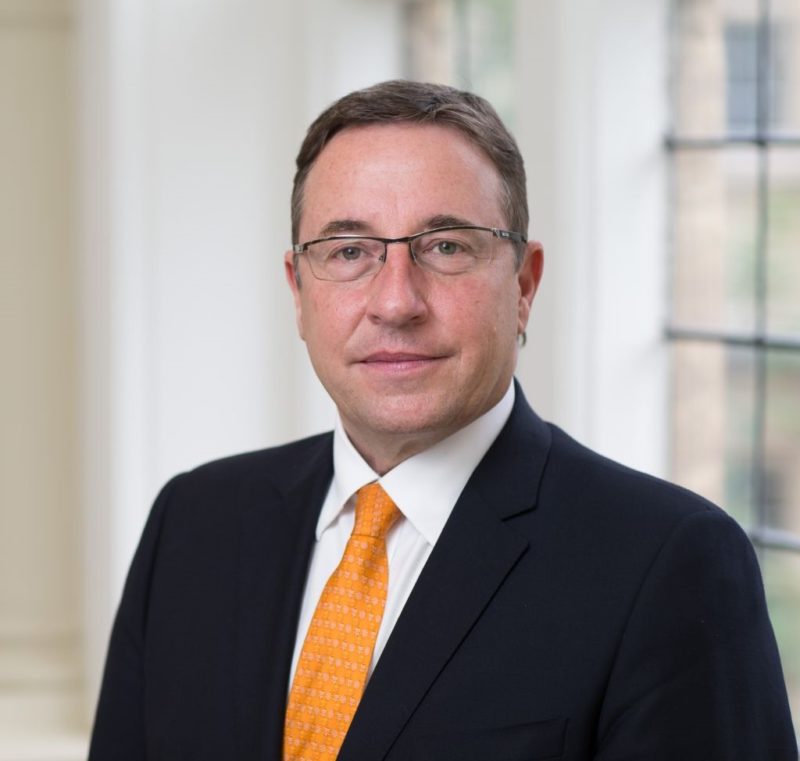Achim Steiner, United Nations Development Programme (UNDP) Administrator, has said that the Maldives will benefit from the current transfer of Green Climate Funds (GCF) funds to an adaptation project run by the UNDP.

While surrounded by water, many people in the outer islands of the Maldives suffer from recurring water supply emergencies. Variable rainfall patterns and increasing salinisation caused by rising sea levels have led to a dearth of drinking water.
GCF’s disbursement of funds to the project will bolster an integrated water supply system based on rainwater, groundwater and desalinated water to provide a low-cost supply to vulnerable households. The project will also provide an uninterrupted supply of water to 49 islands that currently rely on emergency deliveries for three months of each year.
GCF’s transfer of $3 million marks the start of GCF’s total contribution of $23.6 million. Other contributors to this five-year grant project, totaling $28.2 million, are the Maldives Ministry of Environment and Energy and the UNDP, which GCF has accredited to implement the project.
“We are delighted that the Green Climate Fund’s first disbursement to UNDP will help realise this exciting project, which will see almost a third of the population of the Maldives becoming freshwater self-sufficient over the next five years,” Steiner said.
“Projects such as this can have enormous impact in countries like the Maldives, which is highly vulnerable to the impacts of climate change, including rising sea levels, saltwater intrusion and more frequent droughts, storms and flooding,” explained Mr Steiner. “This new, integrated approach to climate-induced water scarcity will help build a more sustainable, climate-resilient future for the people of the Maldives.”
The geographic characteristic of the Maldives – consisting of 1,190 small, low-lying coral islands spread over 90,000 square kilometres – puts this South Asian nation at the forefront of climate change. High poverty levels in the Maldives’ outer islands exacerbate drinking water shortages during its dry season, leading to environmental and social impacts.
Howard Bamsey, GCF Executive Director, said this project matches neatly with a GCF priority to reduce the climate vulnerability of societies in Small Island Developing States (SIDS).
“The Maldives have identified water shortages caused by climate change as a key developmental challenge,” Mr Bamsey said. “GCF climate finance will help to alleviate a near-term emergency and build the long-term strategies needed to deal with a changing climate.”
The Maldives’ Minister of Environment and Energy, Thoriq Ibrahim, wrote in an online publication last year that plans by GCF and UNPD to work together in addressing the Maldives’ climate challenges fits well with his country’s long-term adaptation plan. This consists, he wrote, of introducing strict zoning regulations for coastal communities and strengthening infrastructure against erosion, rising seas and other climate impacts.
Mr Ibrahim indicated common perceptions about SIDS’ vulnerabilities meant concerns over scant water supplies were often overlooked. “Ironically, with all the attention given to our low-lying islands’ vulnerability to sea level rise, water shortages represent an even more urgent threat,” he wrote.
